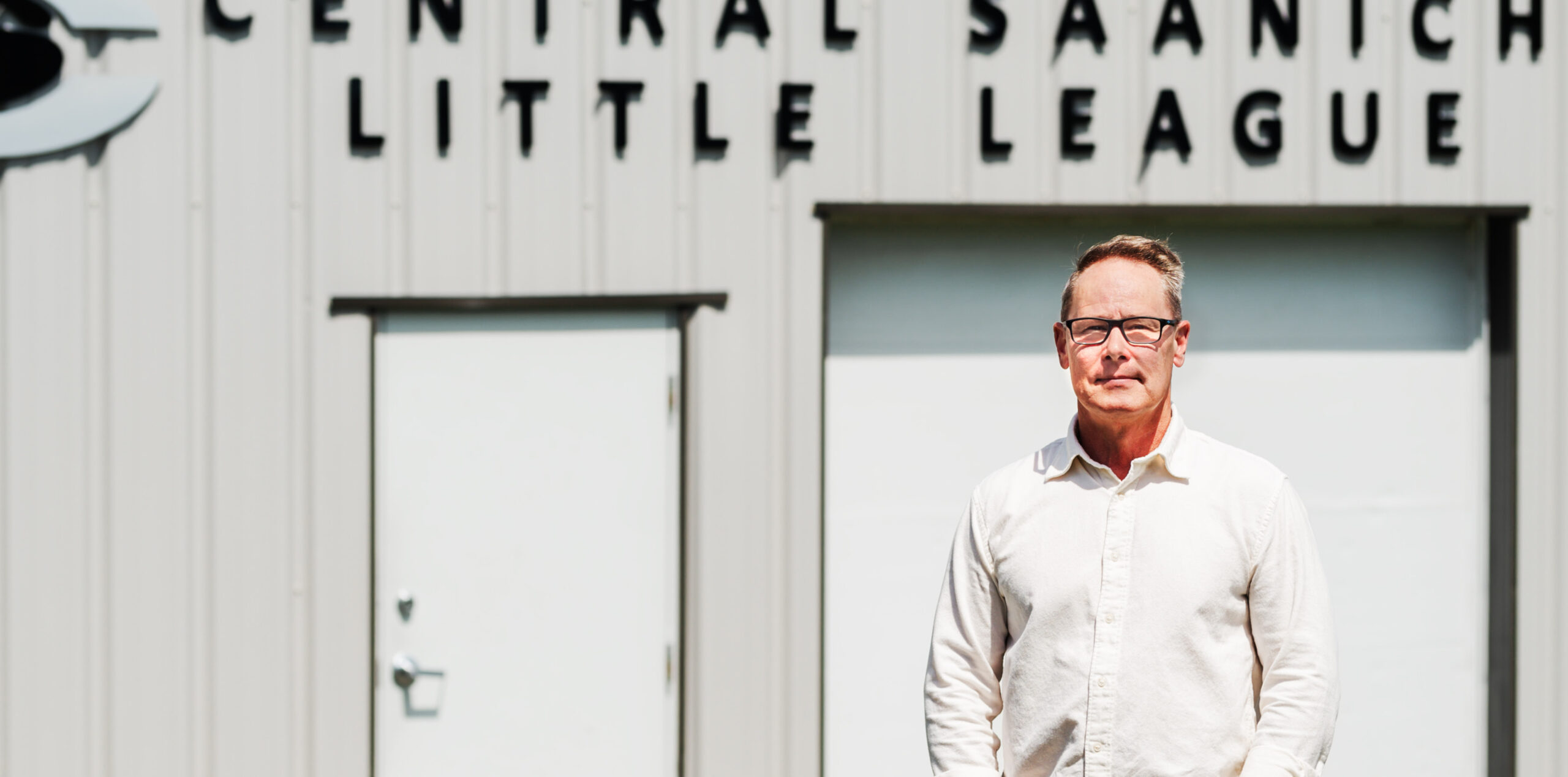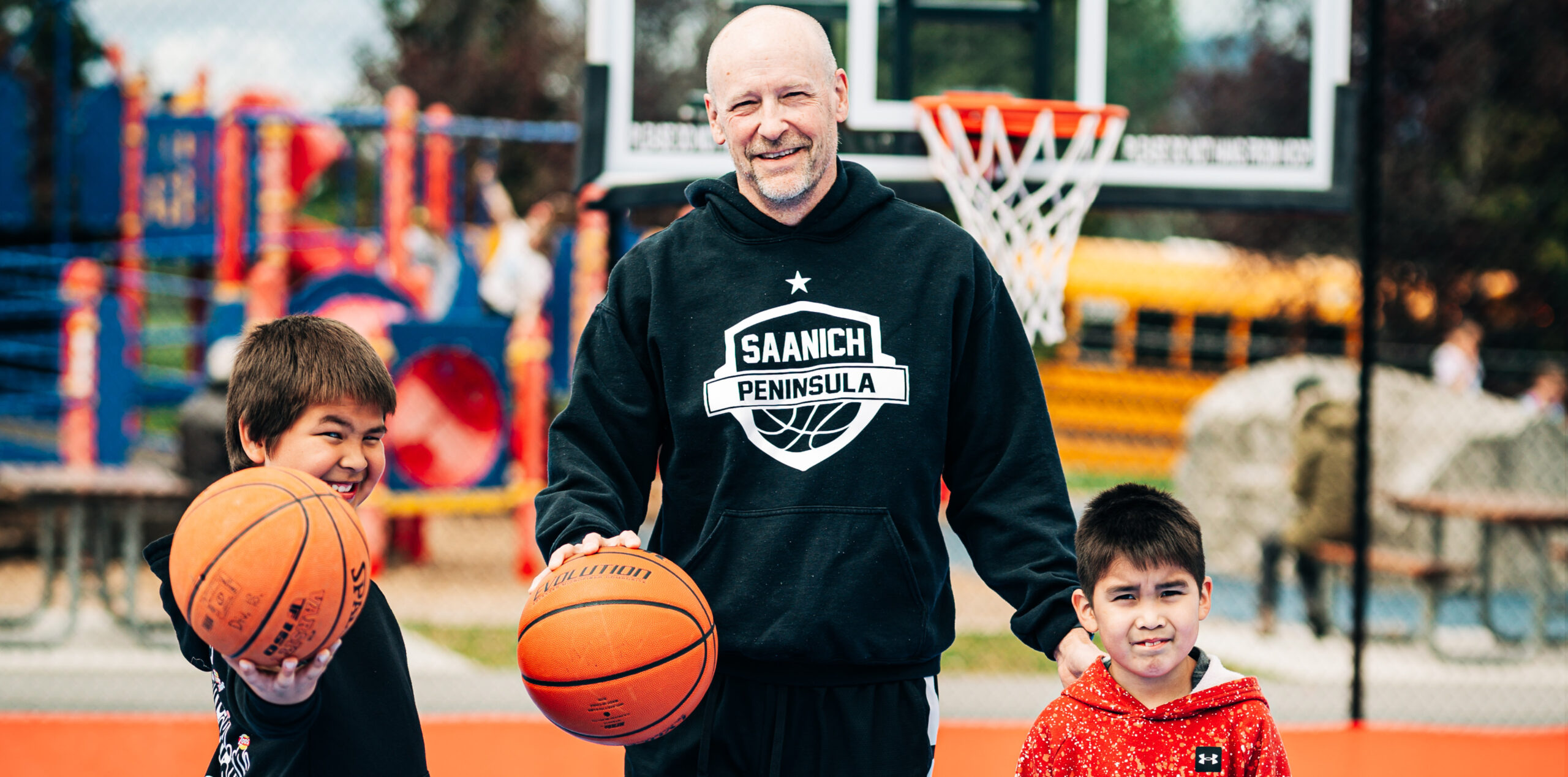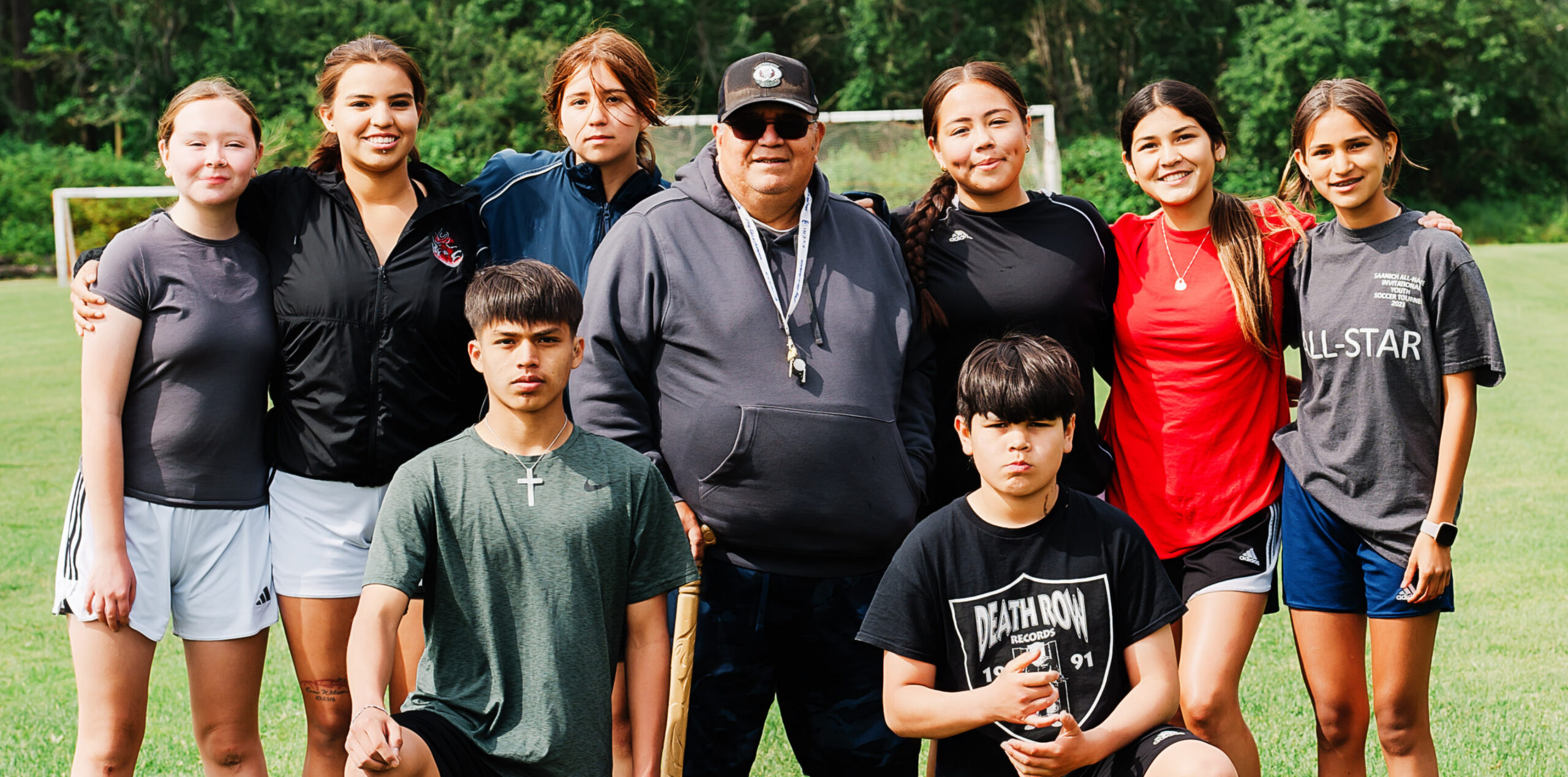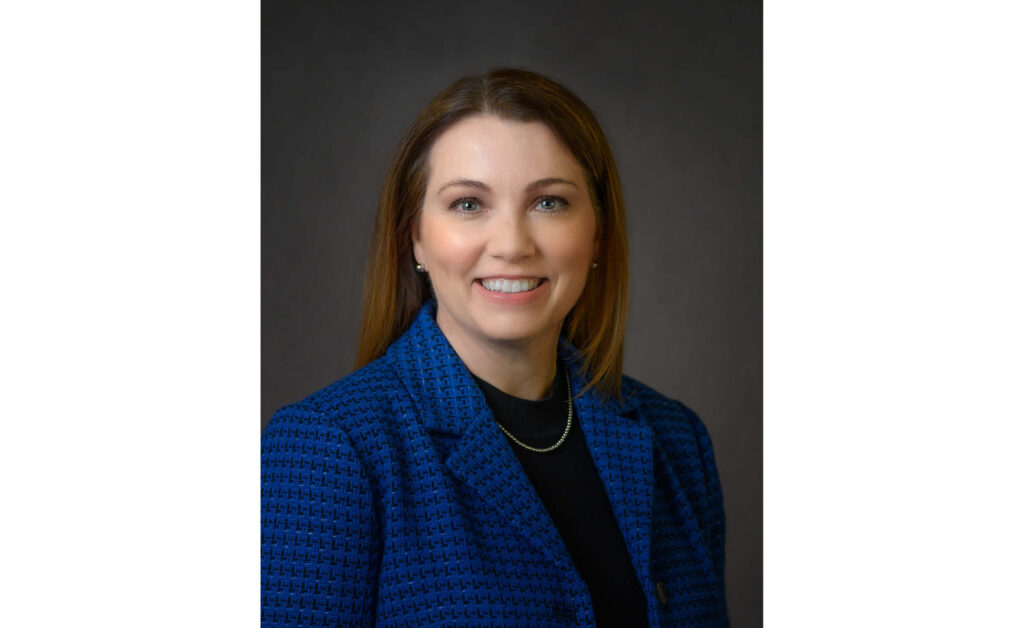by Jamila Douhaibi | photos by Janis Jean Photography –
They are called competitive sports for a reason. Kids often start playing baseball, basketball and soccer at a young age and coaches often push them to be the best that they can be. But with each of the coaches highlighted for this year’s Men to Watch feature, the best has less to do with the sport and more to do with being a well-rounded, happy member of their team and community. The dedication of these coaches to making sure each player leaves the field wanting to come back shows that sports can be so much more than what happens when they’re playing the game.
Morley Wittman | Central Saanich Little League Baseball President
Morley is one of those baseball players that started in little league when he was four. Both of his sons also played in little league and he saw how important sports were for “development and growth and belonging.” Now the president of Central Saanich Little League Baseball, Morley started as a coach and then moved on to treasurer, website development and sponsorship. He has been part of the group for 15 years and president for the past 10 years. For him it has always been about showing kids that it’s “not so much the sport as the game itself.” He says that friends of players bike over to the field just to support their friends and this helps make it a community sport. Whether or not the players become superstar athletes, if they’re enjoying themselves and coming back, that’s the goal.
It’s clear that this emphasis is working, as the league has grown to 465 kids. The program is co-ed, from ages three to 16, and runs throughout the year, so there are always people at the park. Morley says he enjoys seeing three year olds “chase bubbles” as much as he does older kids winning games. As kids go from using foam mats and giant balls, to bringing together different leagues to compete, it’s about engagement, bonding and shared experiences.
Morley now has a grandson that just started playing, and he still runs into people that he used to coach when they were kids. No matter what level the little leaguers are playing at, seeing them return throughout the season and each year is what makes him proud to be part of the Central Saanich team. The most important lesson on the field is how to “develop good citizens ahead of athletes.”
Eric Rowe | Saanich Peninsula Amateur Basketball Association Coaching Coordinator
Eric originally wanted to be on the ice rather than on a basketball court. He grew up in Ontario and dreamed of being an NHL goalie, but switched to basketball in middle school and fell in love with the sport. He says he had a “classic old-school coach” who yelled at the players, but also genuinely cared about them.
Eric takes a different approach to the game, and says that it’s all about building self-esteem and having a positive, cohesive team. At the high school level, everyone wants to win, but Eric likes to keep things in perspective and says “we’re playing a game here, not curing cancer.” The mission is less about becoming world champs and more about winning and losing as a team, and being able to use the life lessons from the sport in real life and after graduation. At the end of the day, no one remembers winning; they remember what happens off the court.
Like Morley, both of Eric’s children played the same sport as their dad. Eric says he has been with the association since his family moved to the Peninsula in 2006 and that he “hasn’t missed a year” in the 26 years that he’s been coaching. He started and continues to run the “Little Dribblers” program for ages five to nine, coaches up to the high school level, and says that he even hires current and ex-players as coaches so they can grow their leadership skills, gain experience and give back. He continues to see past players in the community and even gave a speech at an ex-player’s wedding, who he also provides guidance to now that she has become a coach. Eric is retired but coordinates and coaches basketball throughout the year and says that he loves seeing how kids “improve and grow both as basketball players and people.”
Curtis Olsen | W̱SÁNEĆ School Board Soccer Coach
Born and raised on the Tsartlip First Nation, Curtis has lived there all his life. He got into soccer at a young age and says that even though the community played numerous sports, soccer was always the favourite. With several daughters and granddaughters now on soccer teams, Curtis says the sport is a family tradition. There is “always a desire to win while representing the community,” but it’s still less about winning for the team and more about being an “ambassador for the community” in the best way you can.
Curtis has been coaching soccer since the late 70s and says that he “stepped up and became a player coach” when the team he was playing on didn’t have one. He retired from being an administrator with the W̱SÁNEĆ School Board in December, but is still a Board member and coach. A recent hip replacement has taken him off the field, but he’s already looking forward to coaching his daughter’s team when the season begins again in September.
On and off the field, Curtis has always seen the importance of self-discipline and commitment to succeeding in life. He says that he has always taught kids that “no one player is greater than the team” and that respecting your own and the other team members is how you play the game properly. Self-discipline in soccer “translates to everything you do in your life,” including knowing the importance of education and proper nutrition. Curtis has noticed that those who were the most committed on the field have gone on to high-ranking leadership roles in the community. The confidence that being on a team and representing your community brings is something that can’t be understated. And being called “coach” by players past and present is an honour more significant than a trophy.






